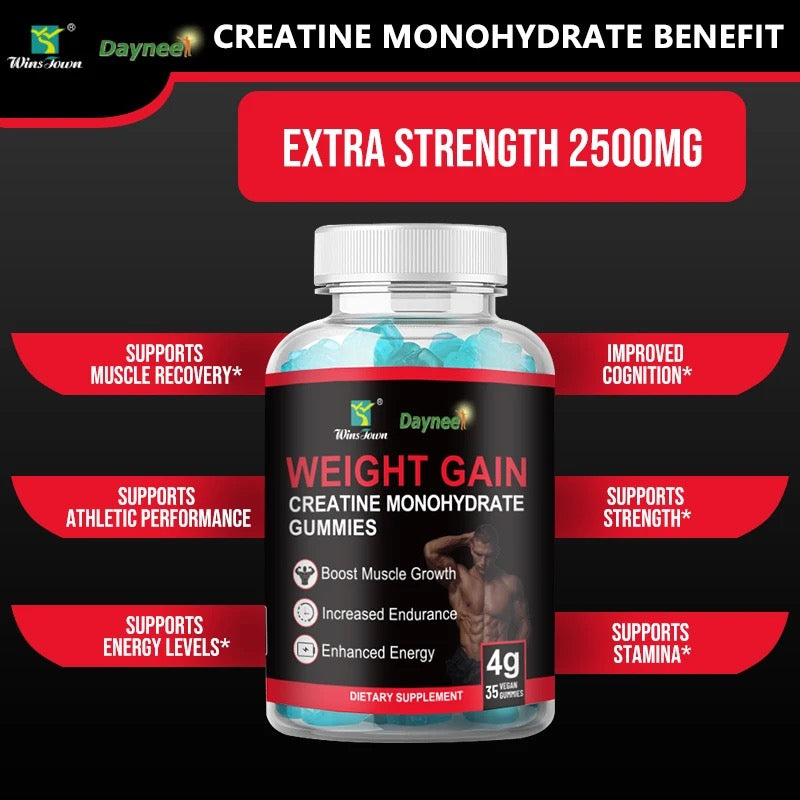Some Known Incorrect Statements About Creatine Monohydrate
Some Known Incorrect Statements About Creatine Monohydrate
Blog Article
The Best Strategy To Use For Creatine Monohydrate
Table of ContentsThe Single Strategy To Use For Creatine MonohydrateGetting My Creatine Monohydrate To WorkLittle Known Questions About Creatine Monohydrate.Examine This Report about Creatine Monohydrate4 Easy Facts About Creatine Monohydrate ShownThe Single Strategy To Use For Creatine Monohydrate
Creatine is a substance you normally have in your body. It is an amino acid that comes from various other amino acids your body utilizes to construct healthy proteins. You'll find it in your muscular tissues. Yet it's primarily there in a different kind called phosphocreatine or creatine phosphate. Phosphocreatine aids you make adenosine triphosphate (ATP), which is a source of energy your muscular tissue cells need when you're energetic.You may also become aware of people making use of creatine to assist with mind disorders or various other conditions, such as heart failing and muscle dystrophy. If you place creatine on your skin, it may assist with aging. Component of the factor for creatine's prominent usage might likewise be that it's easy to obtain.
:max_bytes(150000):strip_icc()/Health-BenefitsofCreatine-Horizontal-V5-e6123e44efe94d8ab2d1544dcb6a1ad5.jpg)
Creatine Monohydrate for Dummies
Creatine is not a steroid. While it's an excellent idea to inspect with a physician before taking any type of supplement consisting of creatine no matter just how healthy or fit you are, many athletes take creatine.
Even though it's not a steroid and it's risk-free for many people to take it, it's not a good concept to overuse it or take way too much. Creatine is normally in your muscular tissues, brain, and various other parts of your body. If you're a professional athlete or have specific wellness problems, taking a supplement may aid you construct muscle and stamina, but researches have actually been blended.

More About Creatine Monohydrate
It's not clear how well it functions in people that are younger or older. Of those studies, a couple of have actually recommended a favorable impact, yet the general evidence is blended. In one study, adolescent swimmers done better after taking creatine. In an additional research study, it helped secondary school soccer gamers sprint, dribble, and leap better.
It might assist with muscle cramping and protect against sports or workout related injuries, as well. Creatine Monohydrate. Taking this supplement can help you recoup from exercise quicker by recovery little tears in your muscle mass. Along with your muscles, creatine may have wellness benefits for various other parts of your body, including your heart, mind, bones, and Get More Information skin.
Some studies also reveal it might assist individuals with heart failing obtain more exercise without feeling fatigued. Yet not all studies have found this. It may likewise decrease degrees of a chemical called homocysteine, which has links to cardiac arrest and stroke. Creatine is assumed to reduce the development of lumps.
The Ultimate Guide To Creatine Monohydrate
Some great site research studies recommend that creatine likewise can make cancer cells extra likely to spread. You must take care about taking creatine if you have cancer cells. If you have muscular dystrophy, your cells may have less creatine. Some research studies reveal supplements might assist with muscle mass strength. Yet it's not clear how well this functions long term.
Taking creatine might aid if you have ALS. Some small research studies suggested it can help with stamina or slow down development.

Fascination About Creatine Monohydrate
For people with particular uncommon conditions that trigger a creatine deficiency, supplements may aid with signs and symptoms. Supplements might aid with mind health and wellness and thinking, particularly as you grow older. Researches have actually not shown a solid result. It may be risk-free to attempt creatine for brain health, but it could not make a large distinction.
You can obtain creatine in various chemical kinds or types: This is one of the most common kind you'll find in supplements. It's also been examined greater than various other types. Professionals believed this form might take in right into the body far better than creatine monohydrate to make supplements function better. Studies suggest that it does not work as well as creatine monohydrate.
Yet there is no evidence that it functions better to develop muscle mass therefore. One little study recommended this kind read this can boost running capacity in trained soccer gamers. Yet this kind hasn't been researched as much. One study considered if a buffered kind of creatine monohydrate would enter muscle much better to enhance workout capacity extra.
4 Easy Facts About Creatine Monohydrate Shown
Creatine monohydrate often comes as a powder. However you can buy it in fluid type, too. The bottom line is that the majority of studies have actually checked out creatine monohydrate. There's not much evidence that types work better. No matter which supplement you try, it's an excellent idea to talk to your physician initially.
Creatine's use in females hasn't been researched as a lot as it has in men. Females generally have lesser creatine than males.
Report this page